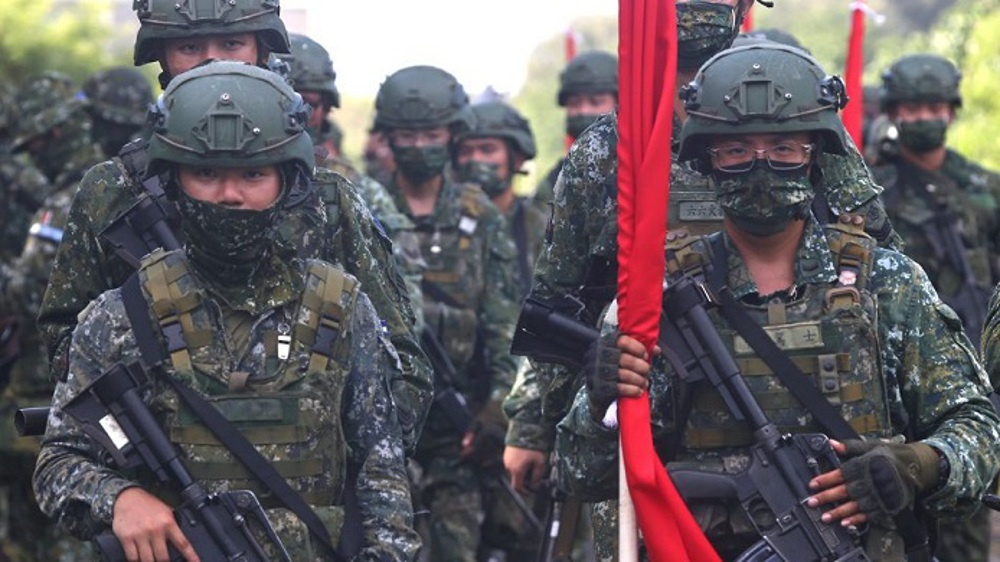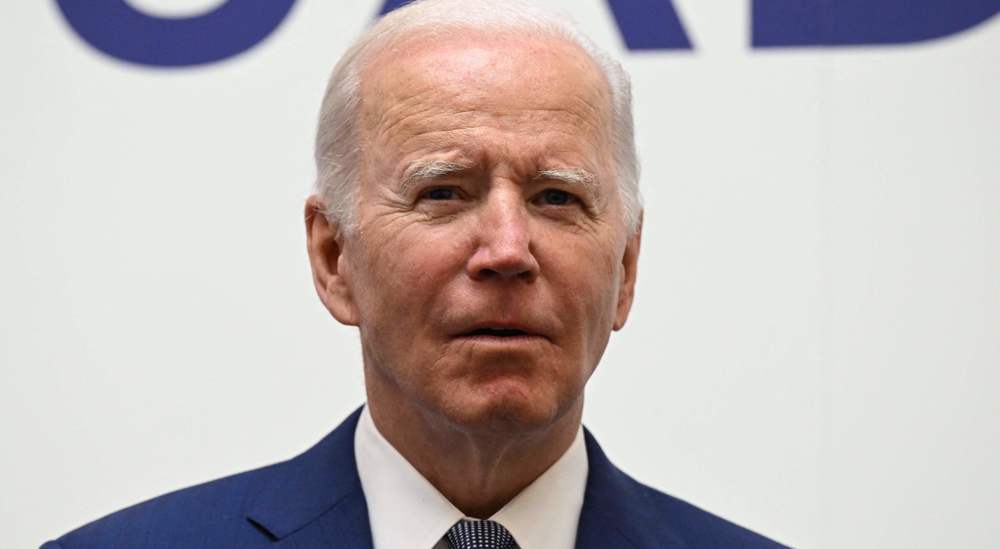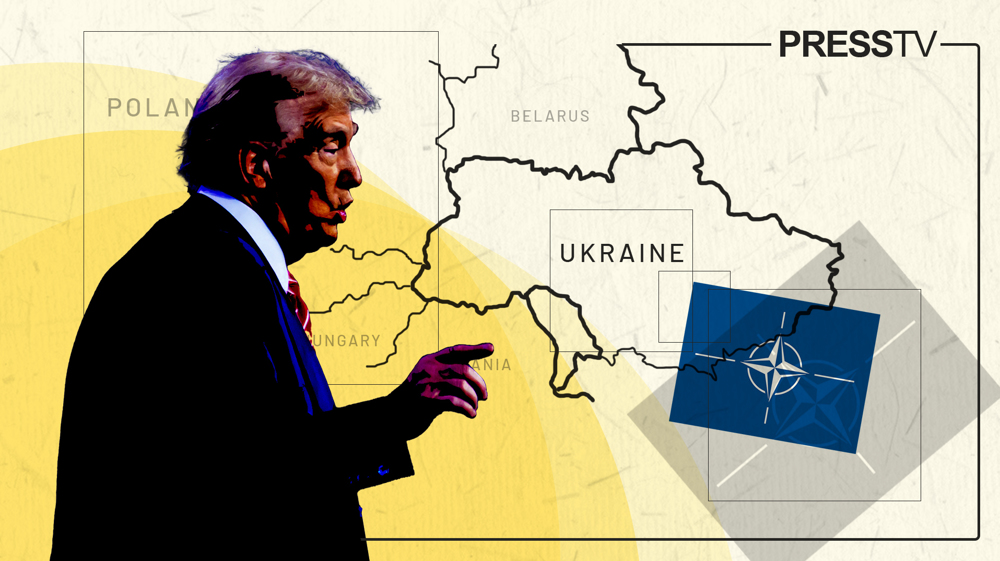Biden's remarks in defense of Taiwan 'pretty big policy shift': Analyst
The gaffe-prone US president’s foot-in-mouth statement on Taiwan has stirred up a hornet’s nest in America’s intelligentsia circles, with many experts questioning his diplomatic acumen.
An article published in Foreign Policy magazine, based on an interaction between two senior policy analysts, concludes that President Joe Biden’s statement could either deter China or risk war.
Emma Ashford, a senior fellow at the Atlantic Council’s Scowcroft Center for Strategy and Security, in her argument described as a “pretty big policy shift” Biden’s remarks that the US is bound to respond militarily if Taiwan were to be threatened by China.
In a meeting with regional allies in Tokyo last week, Biden said the US would intervene militarily if China sought to take Taiwan by force, a warning that deviated from the policy of deliberate ambiguity traditionally held by Washington.
Although the White House quickly downplayed the comments, saying they don't reflect a change in US policy, the comments stirred up a debate in policy circles.
Ashford stressed that Biden and his administration seem to be on different pages— “or perhaps different planets” —when it comes to Taiwan policy.
“The president has repeatedly stated his unambiguous support for Taiwan, leaving his staff to walk it back when it became clear that it wasn’t official administration policy,” she said, in response to Matthew Kroenig, deputy director of the Atlantic Council’s Scowcroft Center for Strategy and Security, who said that Biden’s comments were “right on target”.
She said the US has maintained a policy of strategic ambiguity on Taiwan since the Nixon administration executed its opening with China in the 1970s.
“China remains unclear on the extent of US support for Taiwan in the event of a conflict, which helps to deter it, while US policymakers maintain freedom of action and aren’t locked into any single course of action, whether it’s sending arms or sending troops,” she noted in her remarks.
“It’s a flexible and workable solution to a difficult problem. Strategic clarity—as you put it—is more like a set of chains for future policymakers.”
In response to Kroenig’s argument that the greatest risk of war with China comes from Xi Jinping miscalculating, Ashford asked, “what if dialing up US support for Taiwan—building up forces on the island, for example—actually encourages China to consider military action, when otherwise it might have been content to maintain economic and political pressure on the island instead.”
“Strategic clarity runs both ways: If China becomes convinced that the United States will not allow Taiwan to reunify with mainland China under peaceful conditions, that may end up prompting the fight US policymakers wish to avoid,” she added
A recent study by the Center for a New American Security concluded that in case of a direct military opposition between Beijing and Washington, the US would be at a “severe disadvantage”, given Taiwan’s proximity to China.
There is also the risk that such a conflict would go “nuclear”, it said. On the other side, China’s possession of Taiwan would bring the US supremacy under question, enabling Beijing of raging war against the US and its allies.
During a press conference on Monday, Biden had suggested that the United States was moving away from its decades-long foreign policy of “strategic ambiguity” through which the US avoids laying out a specific response were Taiwan to come under attack from China, which claims the self-governing island as its territory.
IRGC intelligence forces capture agent linked to foreign espionage service
VIDEO | Palestinians in Yarmouk Camp cling to hope and determination
Israel preparing to stay in southern Lebanon after ceasefire: Report
Israeli pressure on Hamas ‘hardly helped’; swap deal necessary: Ex-Mossad chief
Far-right Israeli minister Ben-Gvir again storms al-Aqsa Mosque
Iran: Israel’s attack on journalists’ vehicle in Gaza amounts to ‘war crime’
VIDEO | Israel’s war spending
Palestine Action wins again











 This makes it easy to access the Press TV website
This makes it easy to access the Press TV website